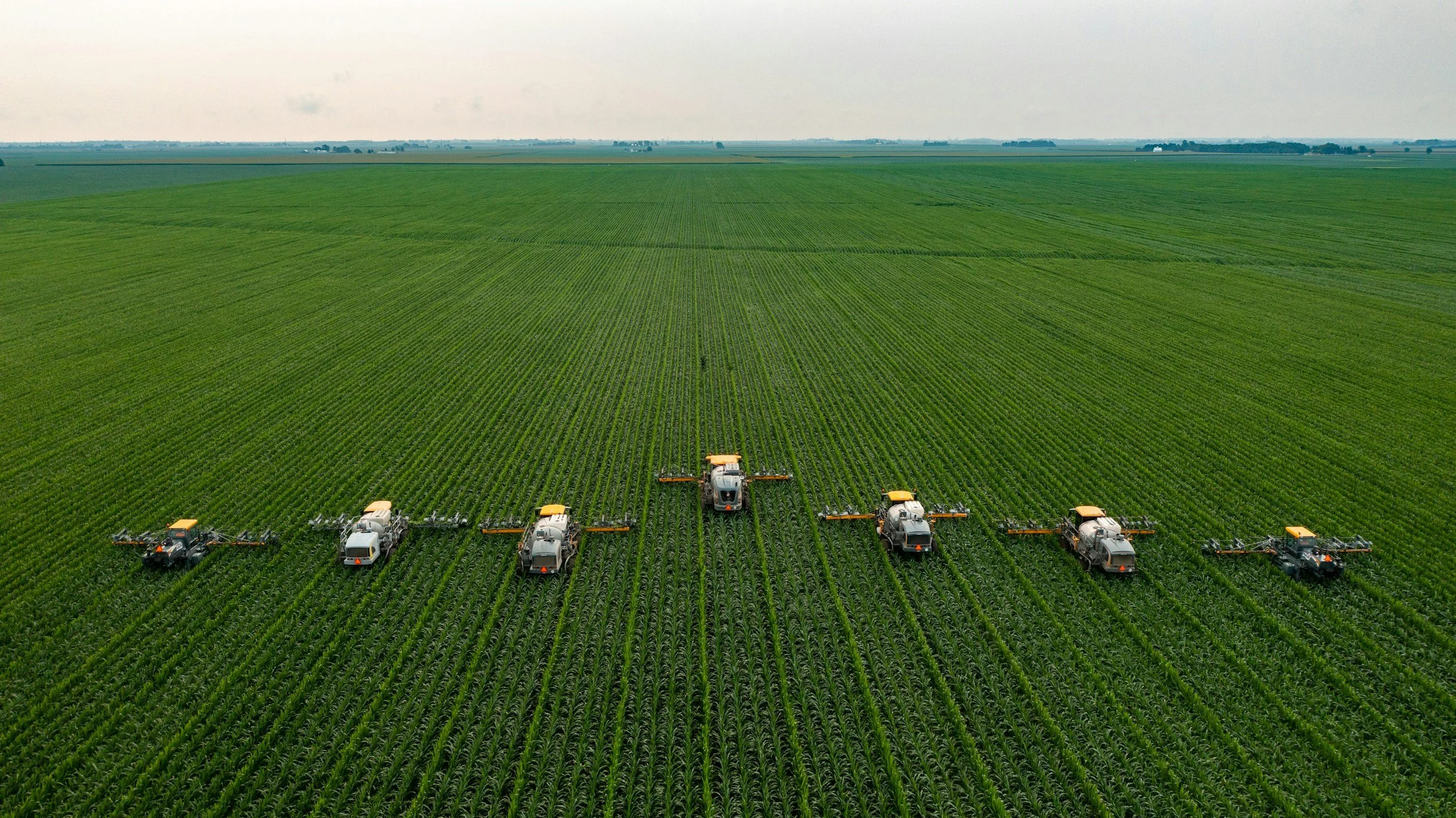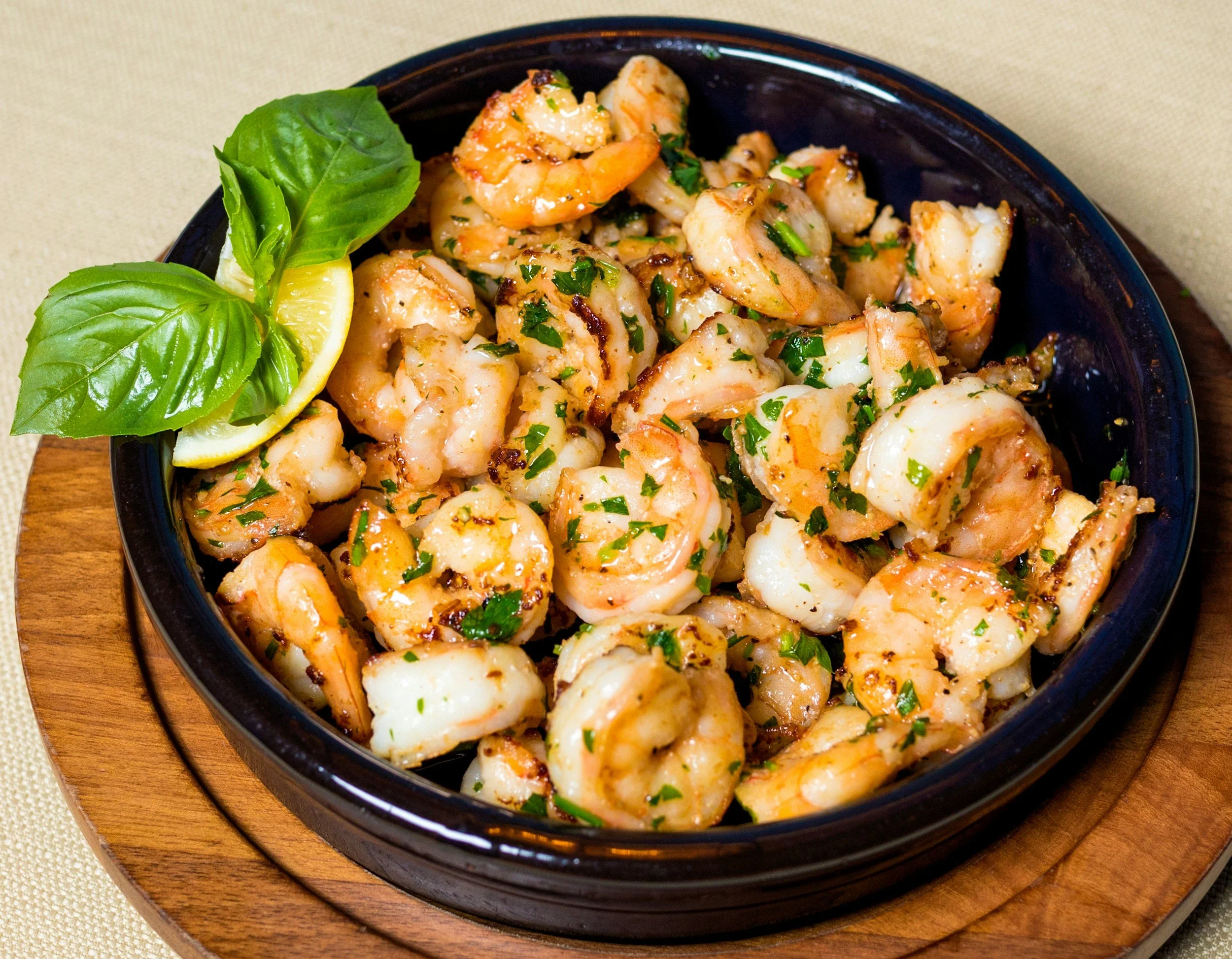The Role of Bees in Promoting Sustainable Farming
/Every creature plays a crucial role in nature's intricate dance, but few are as pivotal to our survival as the humble bee. These industrious insects are not merely producers of honey. They are central players in the ecosystem, pollinating a significant portion of the crops that fuel our world.
In sustainable farming, bees emerge as unsung heroes, offering solutions that harmonize with nature rather than disrupt it. If you are considering venturing into sustainable farming, we will discuss bees' vital role in promoting sustainable farming practices, illuminating their contribution to biodiversity, crop yields, and ecological balance.
Let us buzz into the world of bees and uncover how they support the environment and agriculture.
Pollination Power
The essence of sustainable farming lies in the methods that nurture soil and water and in how we tap into the natural world's inherent systems to improve crop productivity. Bees are paramount among these natural benefactors, performing a pivotal role that resonates through the heart of agriculture—pollination.
The significance of bees in agriculture stretches beyond the bounds of honey production; they are the unsung heroes ensuring the continuity of food crops and the diversity of plant life.
Pollination, a critical process in the reproductive cycle of most flowering plants, is where bees truly shine. By transferring pollen from one flower to another, they aid in seed creation and the production of fruits and vegetables. This naturally occurring service is essential for the survival of ecosystems and human agriculture alike.
In sustainable farming practices, bees' role transcends traditional boundaries, offering solutions for increasing crop yields and promoting biodiversity. Integrating bee-friendly practices, such as planting pollinator-friendly flora and providing bee habitats can enhance crop production without harmful pesticides or genetic modifications.
This synergy between agriculture and beekeeping creates a resilient system in which food production and environmental conservation coexist. If you are looking for ways to improve your farming sustainably, you might want to incorporate bee farming with your agricultural farming. You can start by purchasing queen bees from a trusted source and building the first beehive to help pollinate your crops.
Boosting Crop Yield and Quality
Beyond quantity, bees significantly impact the quality of produce. Their diligent pollination efforts improve fruits' and vegetables' size, flavor, and nutritional content. In strawberry fields, for example, the presence of bees has been linked to enhancing berry size and uniformity, leading to higher market value.
Similarly, bee activity has increased fruit set, size, and weight in apple orchards. These improvements benefit consumers, increase farmers' profitability, and help make agricultural practices more sustainable by optimizing resource use.
Interactions between flowering plants and their animal pollinators represent a crucial aspect of biodiversity, often characterized by mutual benefit. Insect pollination, in particular, plays a significant role in ecosystem functionality, representing an ecosystem service of worldwide significance.
This process is essential for the sexual reproduction of plants, stabilization of yields, and the preservation of crop genetic diversity, which helps to prevent inbreeding depression and enhances the resilience of the ecosystem.
Through their pollination activities, honeybees and wild bees have been shown to boost crop yields and quality by an average of up to 62%. Conversely, when pollinators were kept away, the average yield for cotton decreased by 37% and for sesame by 59%.
Biodiversity and Ecosystem Resilience
Bees play a key role in maintaining biodiversity within ecosystems. By supporting the growth of various plants, including various fruits, vegetables, nuts, and other plants, bees create habitats for countless other species.
This biodiversity, in turn, fosters ecosystem resilience, enabling environments to better withstand and recover from disturbances like pests, diseases, and climate change. Diverse ecosystems are also more productive and can support sustainable farming practices through natural pest control and improved soil health.
The Food and Agriculture Organization of the United Nations states that pollination is crucial for food security, dietary health, and environmental conditions.
Pollinators like bees are crucial, influencing 35 percent of global crop yield by pollinating 87 of the top 115 food crops globally. Furthermore, the survival of approximately 90 percent of wildflowers and 75 percent of all crops grown for consumption relies on pollination.
The role of bees in promoting biodiversity and bolstering ecosystem resilience cannot be overstated. Protecting these vital pollinators requires concerted efforts from all sectors of society, including supporting policies that protect their habitats, reducing pesticide use, and encouraging planting of bee-friendly plants.
We protect the future of our planet's ecosystems, our food supply, and the rich biodiversity that keeps us all alive by preserving the health and survival of bees. Furthermore, understanding the complexities of bee behaviour and its important role in our world continues to be a critical area of research for scientists and conservationists.
We can learn more about how to better preserve and assist these important pollinators to benefit all living things on Earth by learning more about the fascinating world of bees.
Facing Challenges Together
In recent years, the plight of bees has become a topic of significant concern among environmental scientists, farmers, and the general public. These vital pollinators, crucial for the reproduction of many plant species, face numerous challenges threatening their survival and, consequently, the balance of our ecosystems.
One of the primary challenges bees encounter is habitat loss, driven by urbanization, intensive farming practices, and deforestation. These actions reduce the availability of flowers from which bees collect nectar and pollen and limit their nesting sites.
Pesticide exposure is another significant hurdle. Many pesticides, including neonicotinoids, have been linked to bee mortality by affecting their ability to forage, navigate, and reproduce.
Furthermore, climate change exacerbates these issues, altering the distribution of plants and creating mismatches between bees and the flowering plants they depend on. With earlier springs and varying seasonal temperatures, bees often emerge from hibernation before plants have bloomed, leaving them without crucial food sources.
Invasive species also pose a threat to native bee populations. Non-native plants, bees, and predators can alter habitats, compete for resources, or directly harm native bees, further stressing these essential pollinators.
Diseases and parasites, notably the Varroa mite, undermine bee health and vitality, spreading rapidly through colonies and contributing to high mortality rates.
Conclusion
The humble bee, often seen as a mere backyard visitor, is a linchpin in the quest for sustainable agriculture. Their pivotal role in pollination, enhancing crop yields, and supporting biodiversity greatly helps sustainable farming.
About the Author:
Reign Patterson is a freelance writer based in Michigan whose niche focuses on lifestyle and the environment. Her interest in these areas has allowed her to participate in various eco-friendly initiatives, which are now part of her day-to-day life. When she’s not writing, Reign spends her time tending to her garden.










































Every creature plays a crucial role in nature's intricate dance, but few are as pivotal to our survival as the humble bee. These industrious insects are not merely producers of honey. They are central players in the ecosystem, pollinating a significant portion of the crops that fuel our world.